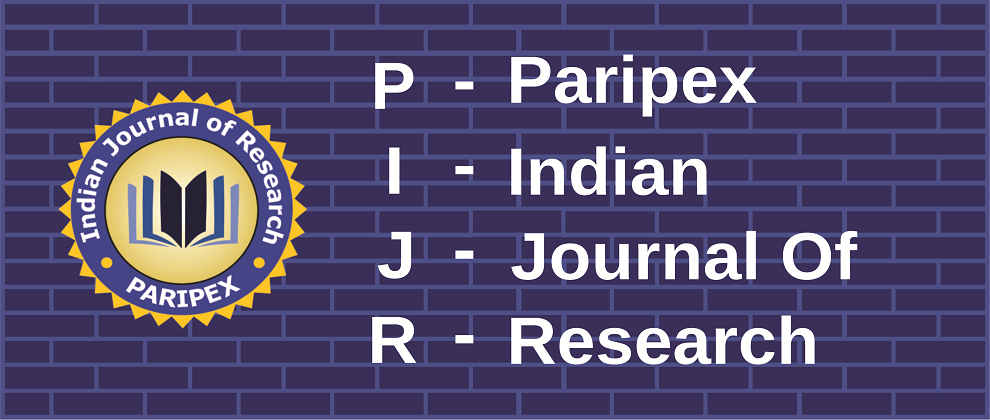Volume : VII, Issue : II, February - 2018
Phytochemical and Pharmacological studies on Pongamia pinnata
Battu Ganga Rao, Seerapu Jayasree Reddy, Devarakonda Ramadevi, Battu Heera
Abstract :
Pongamia pinnata (L.) Pierre belonging to the family Fabaceae is a medium sized evergreen tree popularly known as Karanja in Hindi, Indian beech in English. It is widely distributed in India, Bangladesh, China and Australia. P. pinnata has been recognized in different system of traditional medicines for the treatment of different disease and aliments of human beings. It contains several phytoconstituents such as alkaloids, tannins, steroids, glycosides, demethoxy–kanugin, glain, kanugin, karangin, flavonoids and fixed oils. Extract of the plant posses significant anti–diarrhoeal, anti–fungul, anti–plasmodial, anti–ulcerogenic, anti–inflammatorcy, anti–nonciceptive, anti–hyperglycaemics, anti –lipoxidative, anti–hyperammonic, anti–oxidant and analgesic activities. Roots are used for cleaning gums, teeth and ulcers. Bark is used internally for bleeding piles. Different parts of this plant are traditionally claimed to be used for the treatment of onchitis, whooping cough, rheumatism, diarrhea, dyspepsia, flatulence, gonorrhea and leprosy to list a few. Its oil is a source of biodiesel–an alternative source of energy, renewable, safe and non–pollutant.[1] Hence, this study was intended to investigate the in vitro hepato–protective effects of the stem–bark of Pongamia pinnata.
Keywords :
Article:
Download PDF
DOI : https://www.doi.org/10.36106/paripex
Cite This Article:
Battu Ganga Rao, Seerapu Jayasree Reddy, Devarakonda Ramadevi, Battu Heera, Phytochemical and Pharmacological studies on Pongamia pinnata, PARIPEX‾INDIAN JOURNAL OF RESEARCH : Volume-7 | Issue-2 | February-2018
Number of Downloads : 191
References :
Battu Ganga Rao, Seerapu Jayasree Reddy, Devarakonda Ramadevi, Battu Heera, Phytochemical and Pharmacological studies on Pongamia pinnata, PARIPEX‾INDIAN JOURNAL OF RESEARCH : Volume-7 | Issue-2 | February-2018


 MENU
MENU

 MENU
MENU


